Contents
Guide
Page List
Also by Robert Kuttner
Can Democracy Survive Global Capitalism?
Debtors Prison:
The Politics of Austerity versus Possibility
A Presidency in Peril:
The Inside Story of Obamas Promise, Wall Streets Power, and the Struggle to Control Our Economic Future
Obamas Challenge:
Americas Economic Crisis and the Power of a Transformative Presidency
The Squandering of America:
How the Failure of Our Politics Undermines Our Prosperity
Family Reunion:
Reconnecting Parents and Children in Adulthood (with Sharland Trotter)
Everything for Sale:
The Virtues and Limits of Markets
The End of Laissez-Faire:
National Purpose and the Global Economy after the Cold War
The Life of the Party:
Democratic Prospects in 1988 and Beyond
The Economic Illusion:
False Choices between Prosperity and Social Justice
Revolt of the Haves:
Tax Rebellions and Hard Times
 THE
THE 
STAKES
2020 and the Survival of American Democracy
Robert Kuttner
To my colleagues at the American Prospect
CONTENTS


W ith the presidency of Donald Trump, we have come very close to losing our democracy. The president has attempted to govern by decree, vilify legitimate opposition, violate long-standing democratic norms, use his office for corrupt personal gain, and exhort supporters to violence. During his first two years the Republicans, with a majority in both houses of Congress, functioned mainly as his enablers. Yet, providentially, our democracy has held.
Despite a potent undertow of state-sponsored voter suppression, Democrats were able take back the House of Representatives in 2018. Special Counsel Robert Mueller was able to complete his investigation in the face of Donald Trumps relentless efforts to destroy it, complemented by investigations initiated by several House committees beginning in February 2019. Trump is at last on the defensive as he tries to resist removal from office, even as Republicans continue to protect him. So we now have a partial firebreak against the worst excesses of Trumpism.
Yet those who were comforted by the containment of Trump have fresh cause for alarm. It took Trump two years to shake off most of his more mainstream minders, but by 2019 Trump managed to install an attorney general in William Barr who sought to censor and distort the findings of the special counsel and advance Trumps extreme view of executive power in other dubious ways. Even the bowdlerized report, once released, made a liar of Barr. But Trump claimed vindication, setting off protracted conflict with the House and something close to a true constitutional confrontation.
Trump also replaced other senior officials who had tried to constrain his more bizarre impulses. These included two more mainstream White House chiefs of staff, Reince Priebus and General John Kelly, as well as White House counsels such as Don McGahn, who refused to break the law. By early 2019, the key White House aides to Trump were acting chief of staff Mick Mulvaney and chief tactician Steve Miller. Their function was to inflame rather than contain their president, to reinforce his worst instincts and encourage Trump to be an even more extreme caricature of himself. Miller, a protg of Steve Bannon, played the same radicalizing role in the White House that Bannon had played in the 2016 campaign.
At the Department of Homeland Security, Trump replaced anti-immigrant officials who had bent but not broken the law with handpicked extremists overseen by Steve Miller. As defense secretary, the last of the moderating generals, James Mattis, was ousted in favor of an acting secretary. This was Patrick Shanahan, a former longtime Boeing official with no previous defense experience until he came to the Pentagon in 2017 and a pattern of being deferential to Trump. As national security adviser, the independent-minded General H. R. McMaster was replaced with the ultrahawk John Bolton.
As a number of scholars have observed, some tyrants succumb to hubris in office while others become more effective over time. It took more than two years, but Trump did get the White House that he wanted and asserted more control over key cabinet departments. In his battle to block investigations by House committees, his assertion of presidential impunity was unlimited. As he attempted to block probes of corrupt financial dealings on other fronts, Trumps behavior became more and more delusional and dictatorial. James Comey, the fired FBI director, observed Trumps method up close. Reflecting on how Trump got serious people to do his bidding, Comey ruefully wrote:
while he lies, both in public and private, making you complicit by your silence.... From the private circle of assent, it moves to public displays of personal fealty at places like cabinet meetings.... Next comes Mr. Trump attacking institutions and values you hold dearthings you have always said must be protected and which you criticized past leaders for not supporting strongly enough. Yet you are silent. Because, after all, what are you supposed to say? Hes the president of the United States.... You feel this happening. It bothers you, at least to some extent. But his outrageous conduct convinces you that you simply must stay, to preserve and protect the people and institutions and values you hold dear.
By mid-2019, America had a president behaving like a sociopathic tyrant, and the constitutional restraints were under severe stress. It remains to be seen whether the several multiple investigations will culminate in an impeachment or whether the only way to remove Trump from office is via the 2020 election.
The American constitutional systemthe deep state so reviled by Trump strategist Steve Bannonhas proved just strong enough, so far. However, Trump could get as far as he did only because our democracy was already in serious disrepair. The American republic is in need of massive overhaul. It will take a resounding Democratic victory in 2020 to pull back from the brink of autocracy and begin the process of renewal.

THIS BOOK IS AN ASSESSMENT of the state of American democracy and how it can be revived. The subject is as much economics as politics, because the brutal turning of the economy against ordinary working families over several decades weakened public confidence in affirmative government. The sense of a lost future softened public opinion for the racialization of pocketbook distress, and the appeal of an aspiring tyrant. Democratic administrations that were far too cozy with financial and corporate elites also bear heavy responsibility for the path to Trumpism. People in the forgotten heartland correctly discerned that Democratic presidents and their advisers identified more with Davos than with Dubuque.


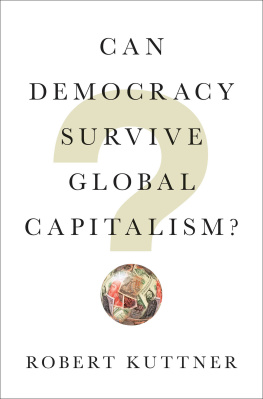
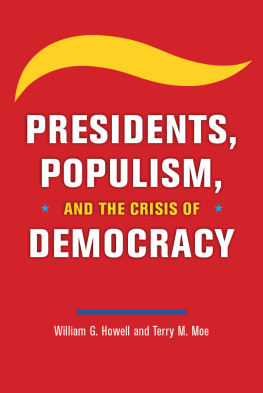
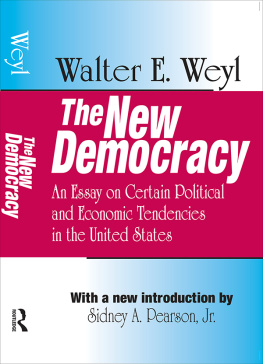
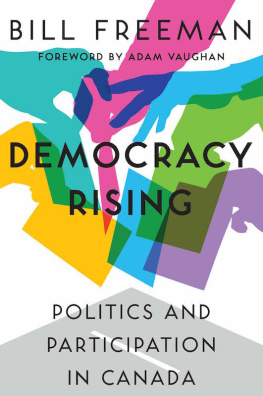
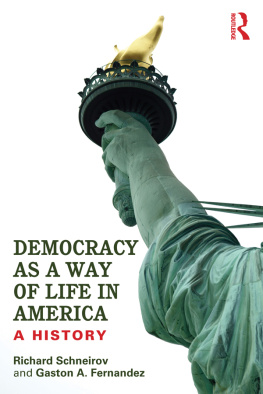
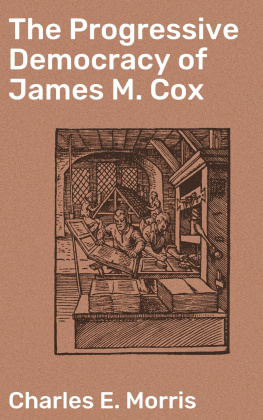
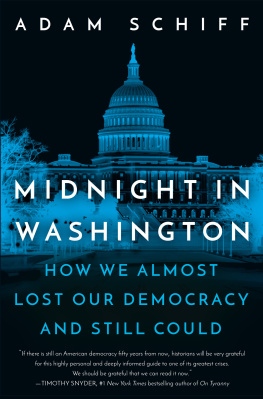

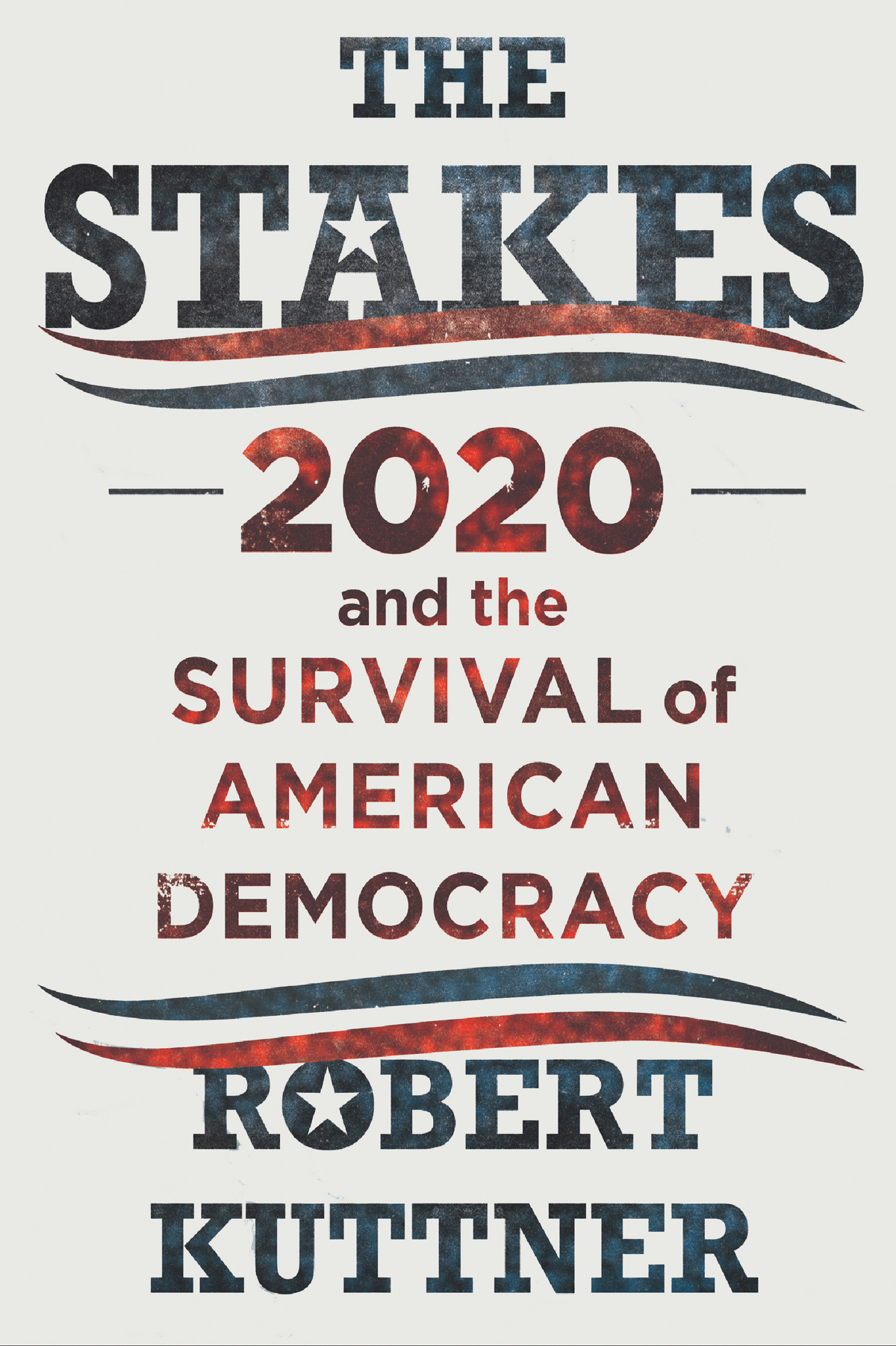
 THE
THE 
